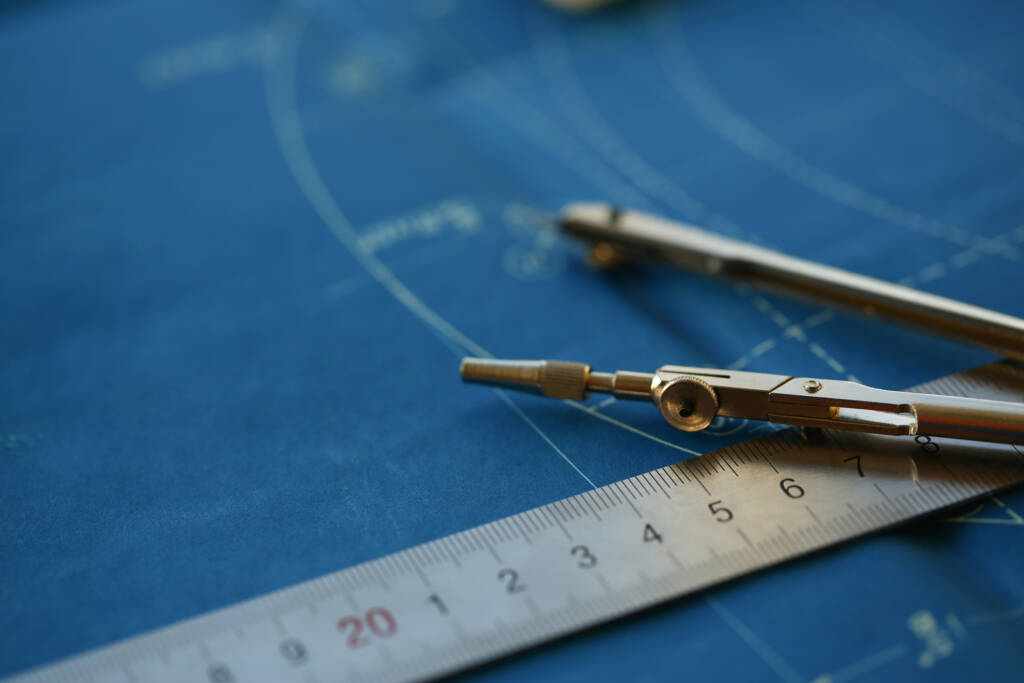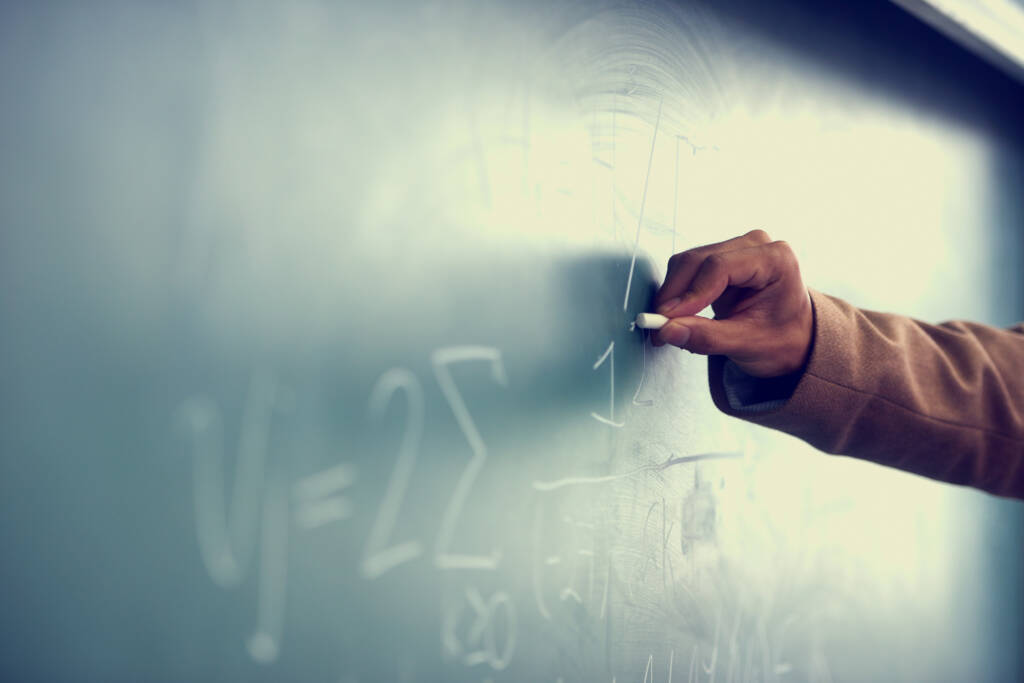
Geometry Project

Imagine designing structures while collaborating with an architect! Or picture yourself exploring shapes and space with a 3D modeler or game designer. If you’re excited about applying geometric thinking to real-world careers, our VLACS Projects are the perfect fit for you!
This engaging learning pathway allows students to explore various career fields while mastering key concepts and skills. For each competency, you can choose to complete a pre-designed project that simulates real-life career tasks or create your own unique learning experience. Regardless of your choice, you’ll engage in thorough research and apply what you learn to authentic career scenarios.
With the pre-designed projects, you’ll tackle real-world tasks that align with each competency. If you decide to design your own experience, you’ll collaborate with your instructor and a mentor to design and complete meaningful career tasks that demonstrate your understanding. We have partnered with hundreds of mentors you can work with if you choose to design your own experience. Check out our Career Mentor Catalog here.
Take a look at the competency statements and pre-designed options below. We’re excited to support you on this exciting and open-ended learning adventure!
Note: This is a project-based course. If you’re looking for a traditional format, please return to the learning catalog and select the course.
Projects
Carpenter
Competency: Constructions
You are a Carpenter, specializing in precise woodworking and design to create durable and functional structures. Your role requires mastering the principles of geometric design and precise measurements, which will require an understanding of Geometric Constructions.
You will create a step-by-step project plan that will create constructions, explain the logic underlying constructions, and create regular polygons using construction techniques.
Gemologist
Competency: Transformations and Congruence
You are a Gemologist, specializing in analyzing and evaluating the physical properties and qualities of gemstones. Your role involves applying principles of geometry to assess the precision of cuts and symmetry, which will require an understanding of Transformations and Congruence.
You will create a gemstone evaluation report that will describe transformations of rigid motion, describe congruence by rigid motion, solve geometric theorems, and create logical arguments.
Textile Designer
Competency: Dilations and Similarity
You are a Textile Designer, responsible for creating patterns and designs for fabrics that balance aesthetic appeal with functional geometry. Your role involves applying geometric principles to scale patterns and maintain proportionality, which will require an understanding of Dilations and Similarity.
You will create a pattern design portfolio that will explain the dilation of a geometric figure and dilation rules, describe similar triangles, and solve proofs and real-world problems involving congruence and similarity.
Transportation Designer
Competency: Coordinate Geometry
You are a Transportation Designer, focused on developing innovative and functional vehicle designs that prioritize efficiency, safety, and aesthetics. Your role involves integrating mathematical concepts to analyze shapes and structures, which will require an understanding of Coordinate Geometry.
You will create a transportation design project that will compare geometric properties, prove geometric relationships, and describe algebraic models.
Land Surveyor
Competency: Right Triangles and Trigonometry
You are a land surveyor, responsible for measuring land, creating maps, and ensuring accuracy in property boundaries. Your role requires using precise mathematical techniques to calculate distances and angles, which will require an understanding of Right Triangles and Trigonometry.
You will create a land survey report that will explain the Pythagorean Theorem, solve problems using trigonometric ratios, and compare special right triangle properties to ensure accurate measurements.
Sports Packaging Designer
Competency: Volume and Figures
You are a sports packaging designer, responsible for creating packaging solutions that effectively protect products while maintaining a sleek and efficient design. Your role requires precise calculations for size and material, which will require an understanding of Volume and Figures.
You will create a packaging design plan that will explain calculations for volume, explain calculations for area, and explain calculations for density, as well as demonstrate your ability to analyze two- and three-dimensional figures.
Irrigation Design Engineer
Competency: Circles
You are an Irrigation Design Engineer, working to create effective and sustainable irrigation systems for various landscapes. Your role involves applying mathematical concepts to ensure water distribution is optimal, which will require an understanding of Circles.
You will create an irrigation system design proposal that will describe circle properties, solve circle theorems, and apply circle applications.
Competencies
Geometric Constructions
Students will demonstrate an understanding of geometric constructions by creating constructions, explaining the logic underlying constructions, and creating regular polygons using construction techniques.
Transformations and Congruence
Students will demonstrate an understanding of transformations and congruence by describing transformations of rigid motion, describing congruence by rigid motion, solving geometric theorems, and creating logical arguments.
Dilations and Similarity
Students will demonstrate an understanding of dilations and similarity by explaining dilation of a geometric figure and dilation rules, describing similar triangles, and solving proofs and real-world problems involving congruence and similarity.
Coordinate Geometry
Students will demonstrate an understanding of coordinate geometry by comparing geometric properties, proving geometric relationships, and describing algebraic models.
Right Triangles and Trigonometry
Students will demonstrate an understanding of right triangles and trigonometry by explaining the Pythagorean Theorem, solving problems using trigonometric ratios, and comparing special right triangle properties.
Volume and Figures
Students will demonstrate an understanding of volume and figures by explaining calculations for volume, explaining calculations for area, explaining calculations for density, and analyzing two and three dimensional figures.
Circles
Students will demonstrate an understanding of circles by describing circle properties, solving circle theorems, and applying circle applications.

